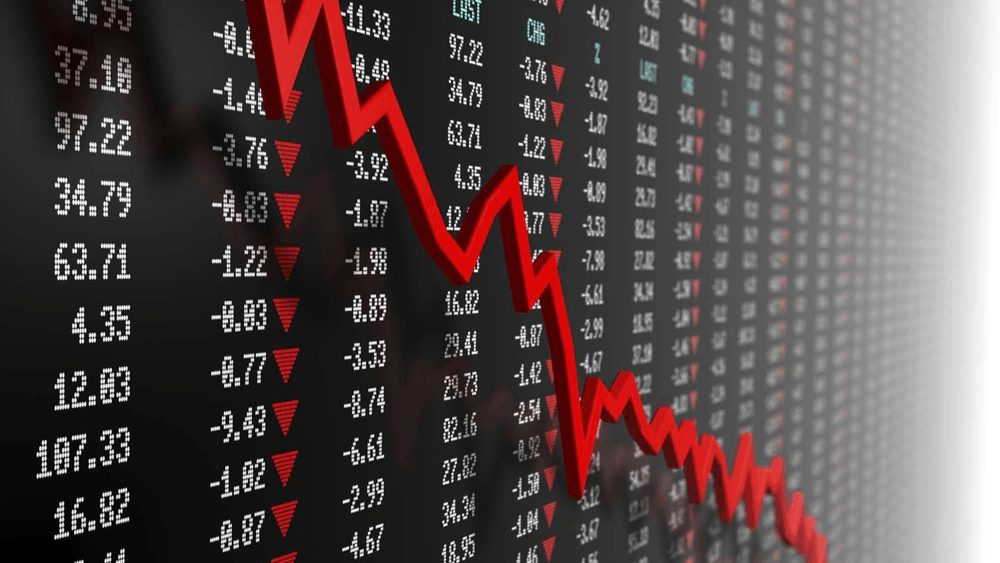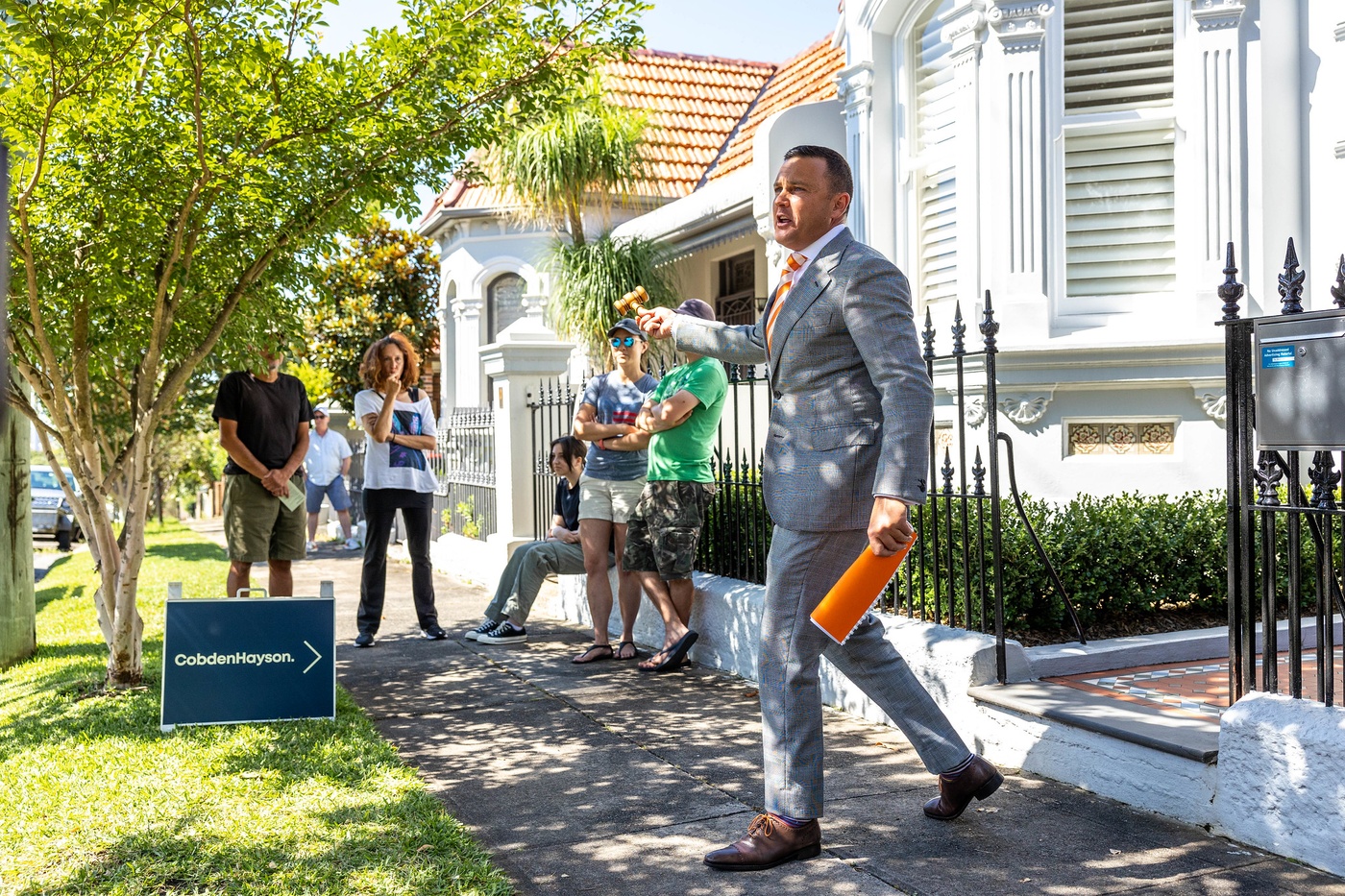
Tariff talk, falling shares and the impact on property
- April 9, 2025
It’s been an eventful few weeks with the share market seeing dramatic falls that have matched the early Covid fear and the GFC. The drop has wiped almost $180 billion from Aussie super funds and trillions of dollars off the US share market. Trump’s tariffs have created uncertainty and the fear of a full-blown trade war is set to ensure there is volatility in equity markets for some time to come.
The large falls generated plenty of conjecture among financial commentators and economists. Treasurer Jim Chalmers also weighed in with the prediction that the RBA could cut rates by 50 basis points at the next meeting in May – a sentiment echoed around the major banks. However, many pundits predict that the RBA will have to cut rates more aggressively. Only time will tell and with such big shifts unfolding, it’s impossible to get a clear read on what may come next.
If we look to the past we can find evidence of how money markets have responded to similar circumstances, what has unfolded with interest rates and the impact on property. In Australia, property is the key asset and wealth-creating vehicle, followed by shares, while in the US, stocks are the primary vehicle. As a result, US property prices can sit idle for long periods of time and housing affordability across the broader country is a lot better than here in Australia. Interestingly, the top 10 per cent of Americans own a whopping 93 per cent of the share market. With that in mind, the falling US share market is really only impacting the uber wealthy. By contrast in Australia, if we see dramatic property price declines, this will shrink net worths and erode confidence very quickly. Our property markets are currently sitting at a record high of $11 trillion.
Let’s look at the current stock market correction, right on the edge of a bear market that’s pulling the ASX back to 2022 levels, and determine its current and future impact on the property market. We are already hearing from many downsizers that their super has fallen 20-30 per cent over the past month and this is most concerning as they plan for retirement. Higher priced properties are also feeling the impact as many buyers for such homes are exposed to the financial markets or even work in the sector. Banking and finance-related money has been a key driver behind prestige sales in Sydney over the past decade and these recent falls will put some plans on hold or even see some buyers exit the market. These are real conversations occurring in the market today and we expect them to remain until there is a clearer path revealed around the impact of tariffs and how other countries will react.
Now, what could happen? We have quarterly inflation data released at the end of this month, and by then we’ll have witnessed a few more weeks of share market chaos and reactions from other countries. The RBA will be closely watching as there are all sorts of dramatic headlines being thrown around, including the potential for a recession. This is a time for calm, a time for measured responses. If we look back to the Covid era, sadly our leaders didn’t react well and there are many learnings from that period, none being more obvious than ‘do not overreact!’. The globe has been paying the price for high inflation, thanks to cutting rates to record lows and printing trillions in cash which flooded the economy, ruined our buying capacity and over-inflated everything.
The reactions we’re already seeing in the media have that hysterical feel. This could trigger rate cuts and we all know what happens when that occurs. We’ve written many times recently that if rates were to drop three times, the residential property market would be vastly different, with buyer confidence improving quickly, borrowing power improving and increased competitive tension across the board. We need to accept that we’ll see uncertainty in the short-term, but all eyes in the property sector will be firmly focused on rates and the rhetoric from the RBA. If it swings its bias to a cutting cycle, by the close of winter we may be seeing 5+ per cent price gains.
Buyers should be wary of rate cuts because when the market shifts, it moves fast. Right now, buyers have the upper hand in Sydney. This will only be magnified through this share market chaos but one more rate cut backed up by another and all of a sudden property will move into positive territory quickly. One could also reasonably argue that ongoing share market uncertainty will flow money back towards the relative safety of property, so slowly pieces of the puzzle are starting to fall into place towards a property market bounce. But as they say, watch this space!







